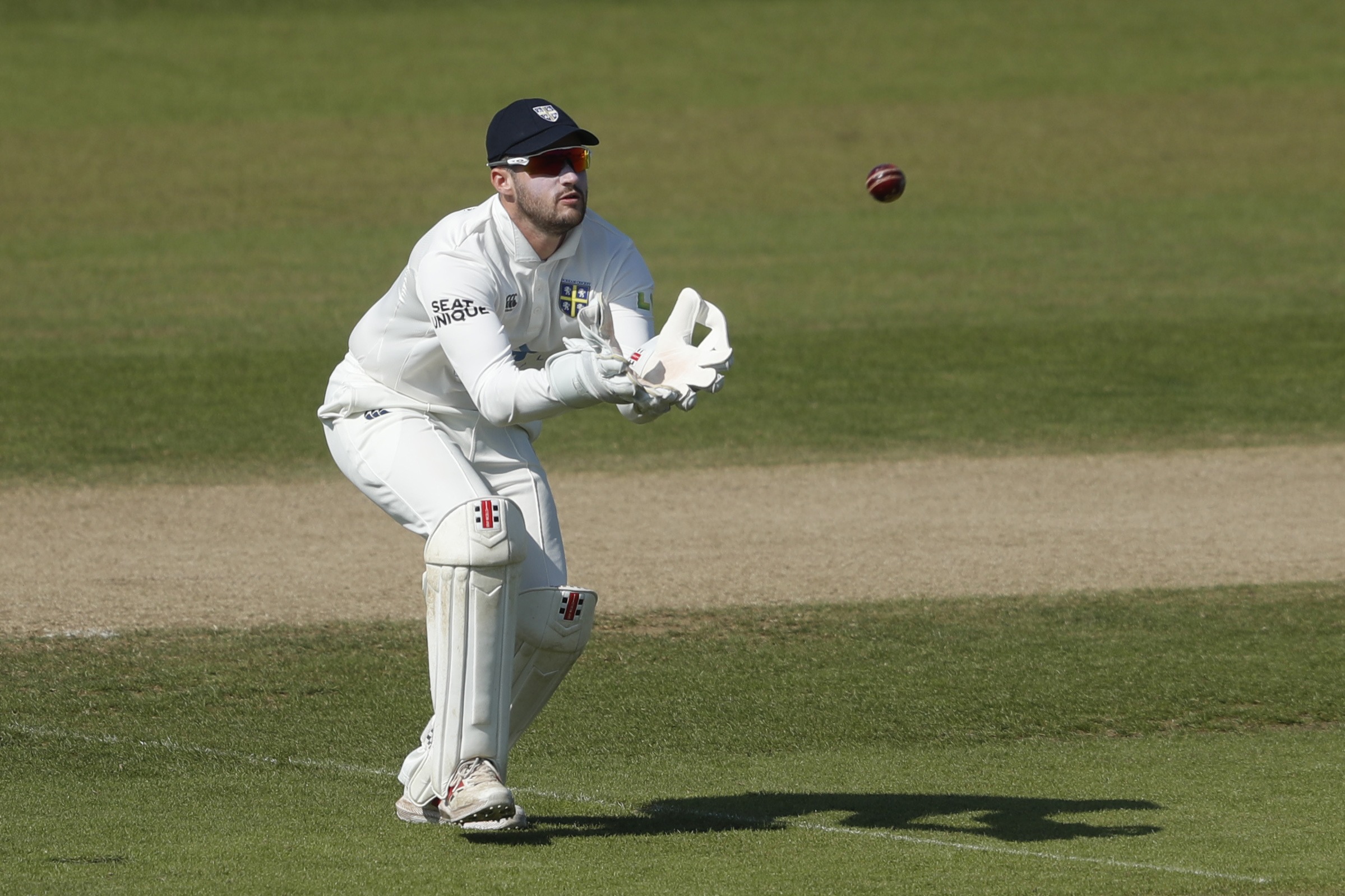End of an Era
Jonathan Agnew, the 64-year-old BBC Cricket correspondent, is set to leave his role this summer after an impressive 33-year tenure.
Legacy in Cricket Coverage
Agnew took over the position from Christopher Martin-Jenkins and has been a staple in the BBC's cricket coverage, providing unique and entertaining insights for over three decades.
Time for a Change
Agnew has decided it's time for a new chapter in his career, but fans can still enjoy his commentary on the BBC's Test Match Special for the next four years.
Looking Ahead
Reflecting on his decision, Agnew expressed his pride in Test Match Special and the importance of passing on the baton to fresh talent in the ever-changing cricket landscape.
Stay Tuned
This is a developing story, stay tuned to SE for the latest updates on Jonathan Agnew's next steps and more sports news.
Frequently Asked Questions
How can cricketers stay mentally focused during long matches and games?
Maintaining mental focus throughout long matches is a critical skill for cricketers, which they develop through various mental conditioning techniques. Cricketers can stay calm and focussed by using techniques such as visualization, goal-setting and meditation. Sports psychologists are often involved in helping players build mental resilience. They also help them deal with stress, anxieties, and distractions. A common technique is to focus on the delivery of the speech rather than the overall outcome.
How often are professional cricketers trained?
The schedules of professional cricketers are intense during the series and tournaments, as well as in the run-up to the season. They train five to six days per week for most of the year. They focus on different aspects of their game including physical fitness and skills training. The offseason may involve less frequency or intensity, allowing players time to recover and focus on individual skill enhancement or addressing specific areas of their game.
What is the typical schedule of training for a cricketer who makes a living from it?
A professional cricketer’s training plan is well-structured and aims to improve physical fitness and technical skill. The morning sessions usually include cardiovascular exercises, weight training and agility drills. In general, the afternoons are reserved for skills-specific training like batting, fielding and bowling. Cricketers prepare for their real-life situations by practicing in simulations of match scenarios, and they also have regular net sessions. Rest and recovery are also integral parts of the schedule, with particular attention paid to adequate sleep and physiotherapy when needed.
What dietary habits do cricket pros follow?
Cricket professionals follow a dietary regimen that is specifically tailored to their physical needs and sport. The diet focuses on providing balanced nutrition. This includes carbohydrates for fuel, proteins for growth and muscle repair, and fats for more lasting energy. Hydration is also a key component, with players ensuring they take in fluids, including water and sports drinks, to stay hydrated, especially during extended periods of play. They often work with nutritionists in order to optimize their diets for their training schedules as well as match timings.
Do cricketers specialize in one skill, or do they train in all areas of the game?
Cricketers specialize in certain skills, like batting or wicket keeping, but they are usually trained to be able to adapt and change their game on the field. Even expert batsmen or bowlers spend time improving their fielding ability. All-rounders who can contribute both with batting and bowling split their time between training to improve both skill sets. Training in all facets of the game is essential for team balance, and it provides greater strategic options for the team’s composition.
Statistics
- Post-match recovery protocols, including active recovery and physiotherapy, can reduce injury recuperation times by up to 30% for professional cricketers.
- Fielding drills comprise roughly 20% of a professional cricketer’s practice routine in the lead-up to competitive matches.
- Research indicates that fast bowlers need to maintain a body fat percentage below 15% to optimize performance and minimize injury risk.
- A typical professional cricketer may spend up to 12-15% of their training time on mental skills, such as visualization and cognitive exercises.
- Professional cricketers playing at the international level may engage in upward of 200 hours of net practice sessions in a year.
External Links
lords.org
cricketworld.com
wisden.com
espncricinfo.com
thecricketmonthly.com
How To
How To Plan Recovery and Rest for Cricket Athletes
Recovery and rest planning is just as critical as the training. Use a recovery plan that includes active recovery, such as stretching, yoga, and swimming. This helps to promote muscle recovery without excessive effort. Regular sleep is essential for a proper recovery of the body and mind. Massage and physiotherapy can help prevent chronic injuries and speed up recovery. Education of players on the importance to hydration and nutrition in muscle recovery, with a focus on carbohydrates and protein intake.

